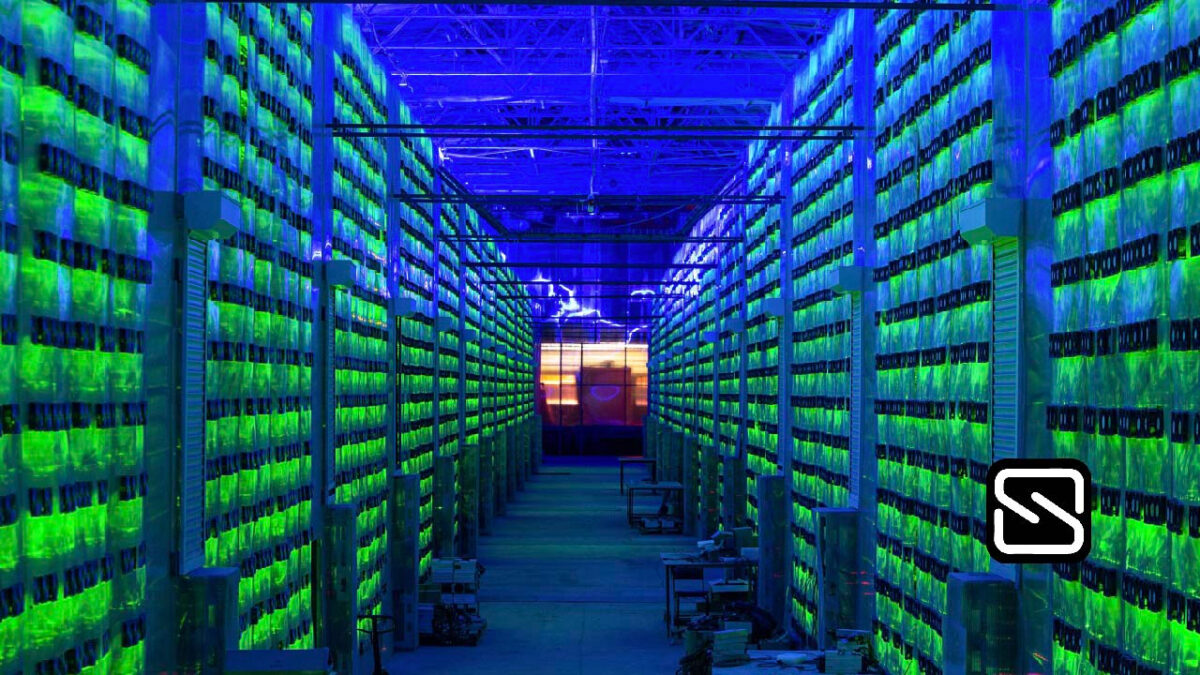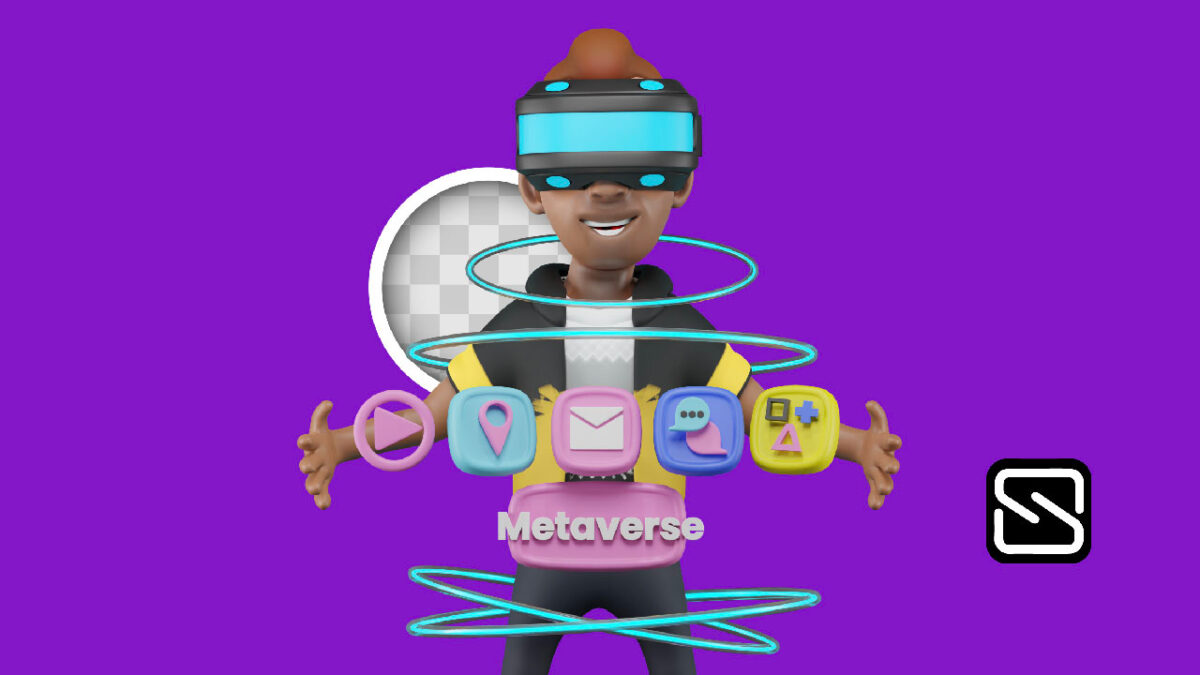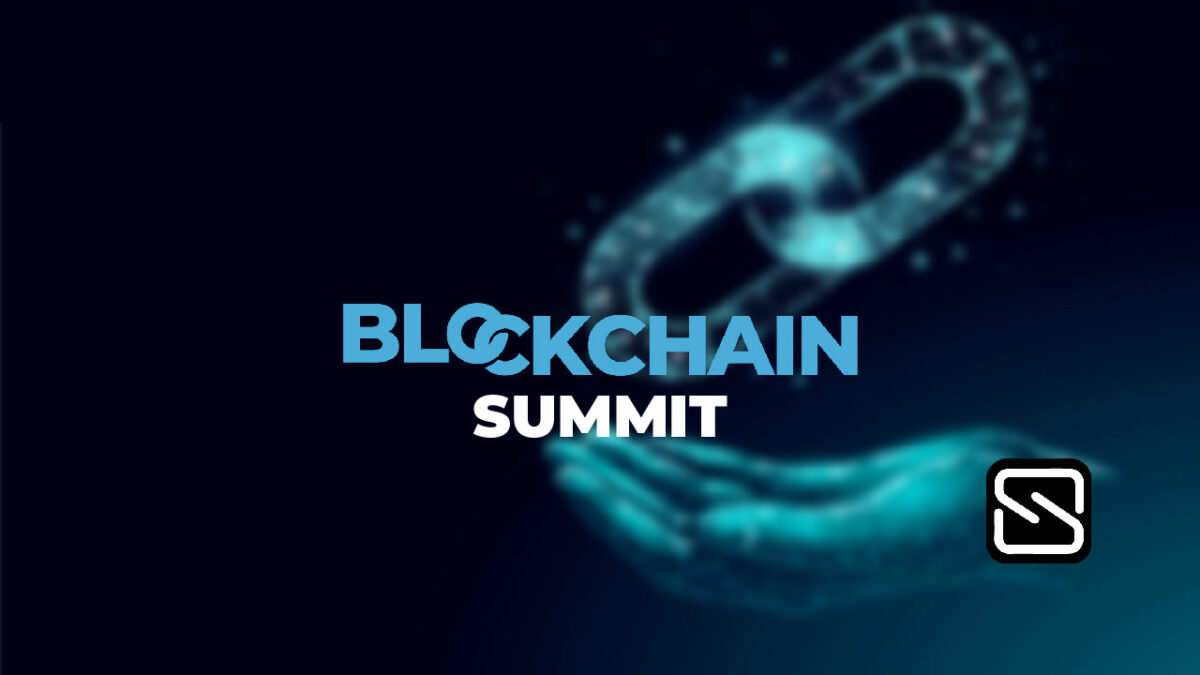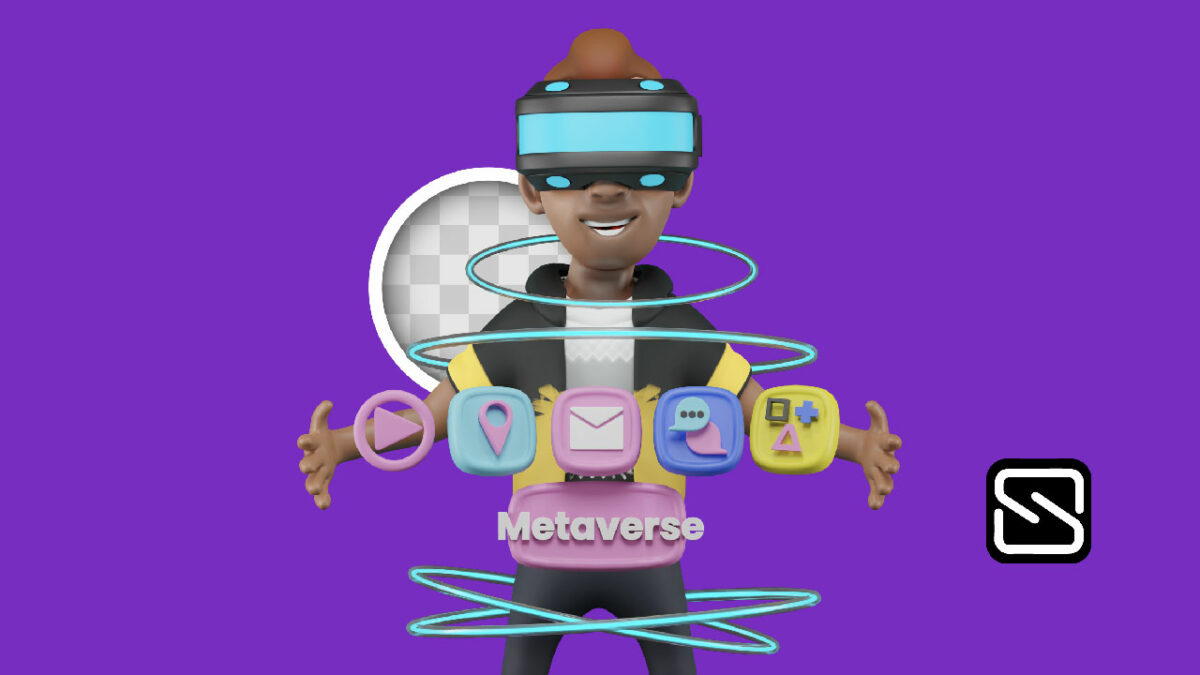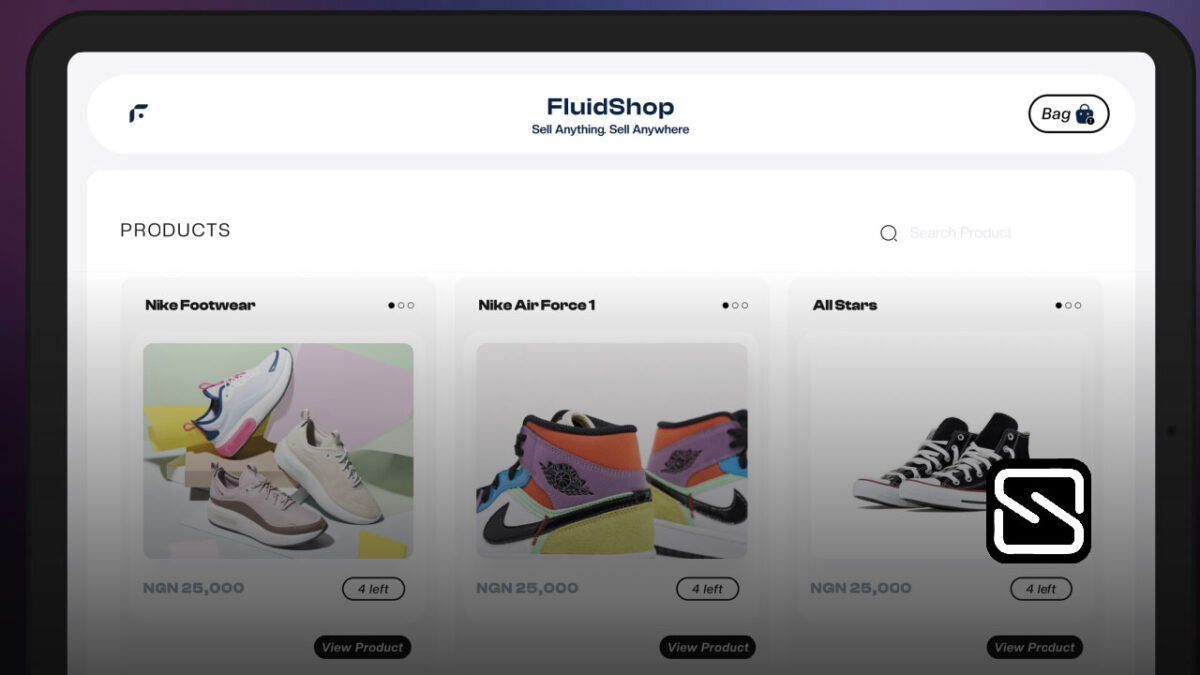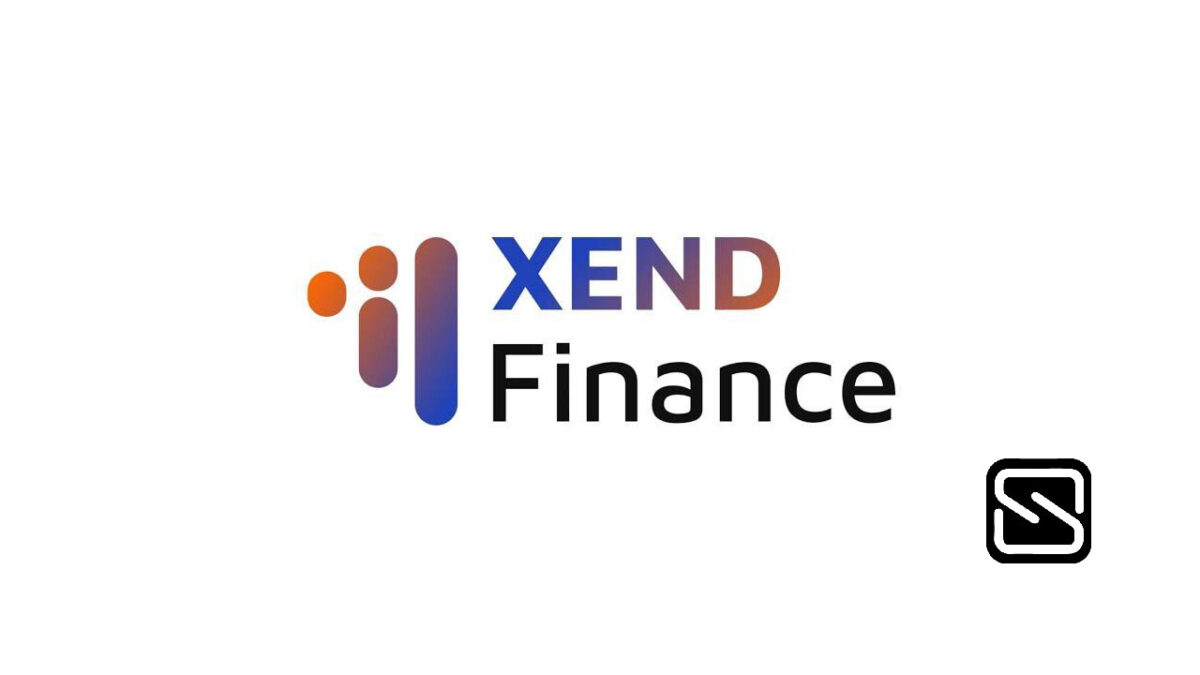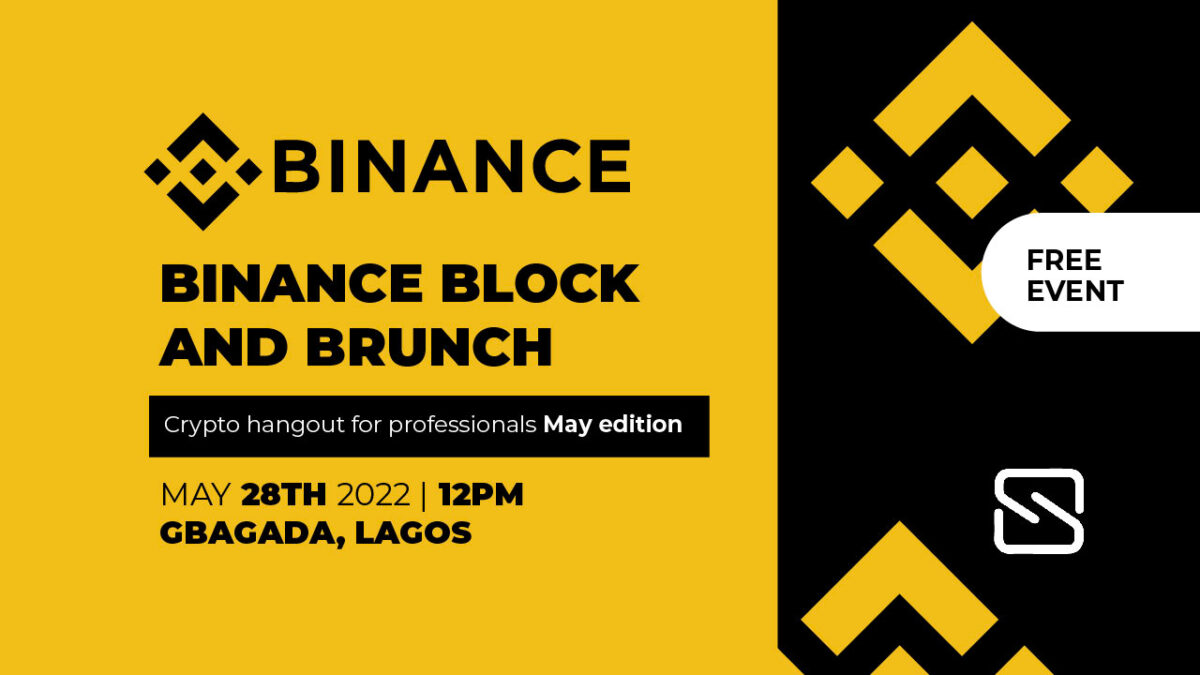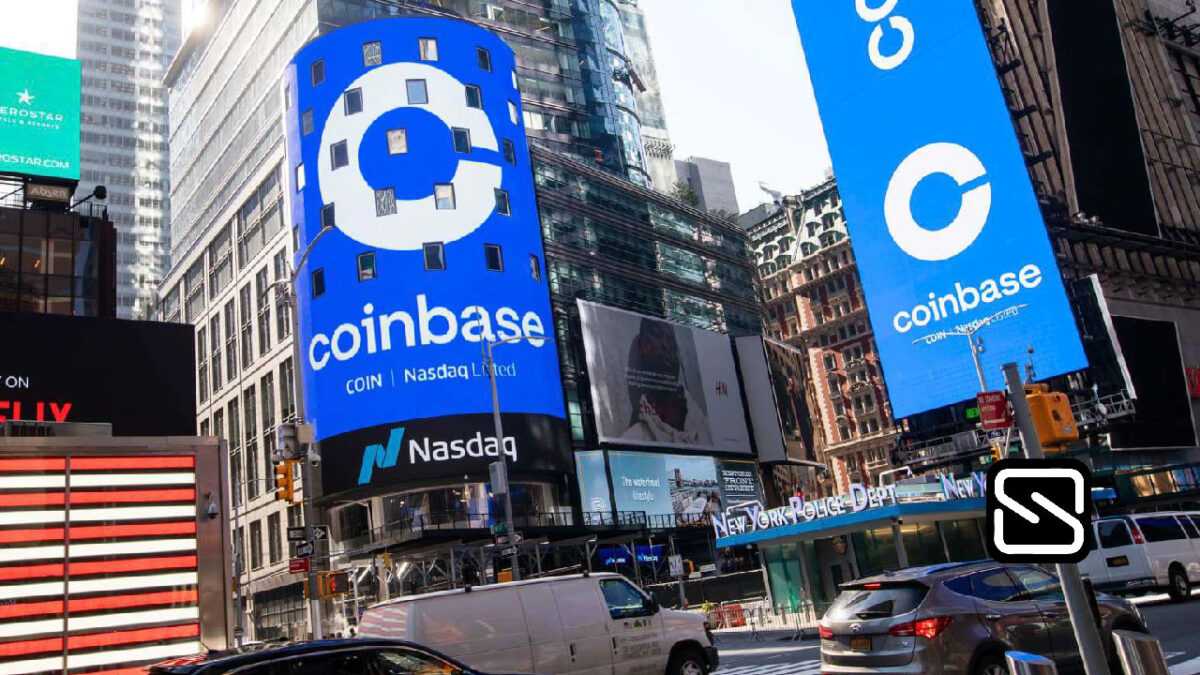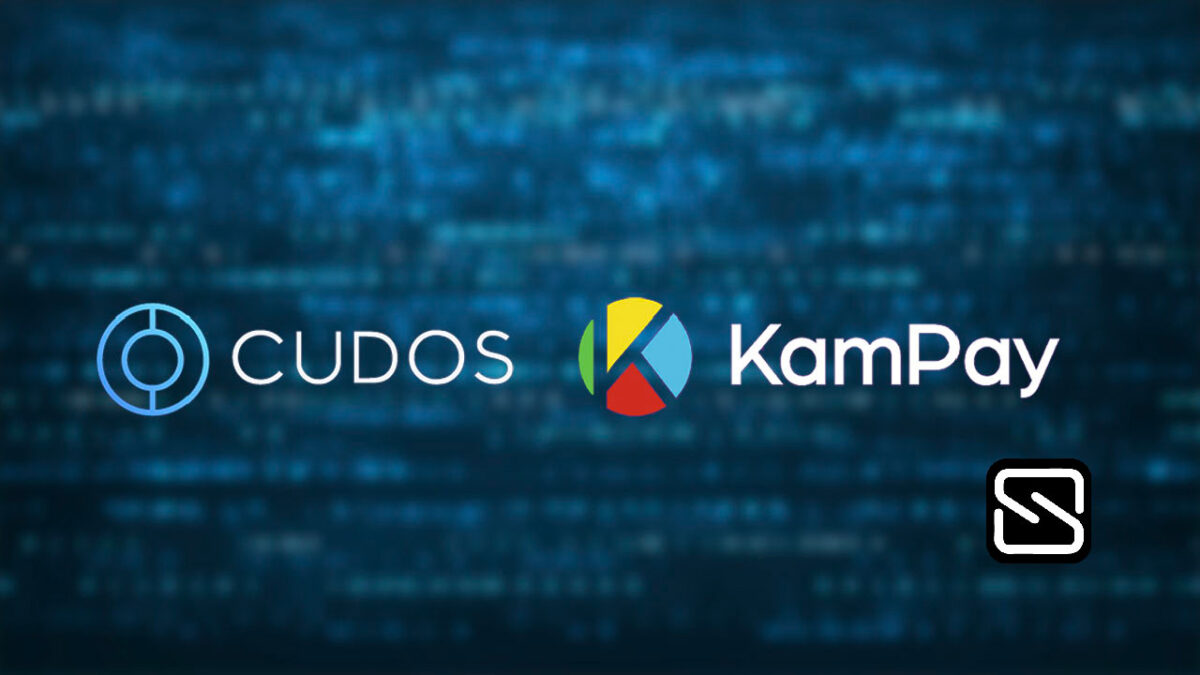According to Cardano CEO Charles Hoskinson, Africa is ahead of the US and Europe in adopting blockchain expertise, which might make it “wealthier than Western nations.”
Hoskinson has a vision of using blockchain technology to reconstruct African countries’ social and financial infrastructure. The Cardano founder remarked at the Monetary Occasions Crypto and Digital Assets Summit that there was “more demand than supply” for its products in developing nations.
Cardano (ADA-USD) is currently worth $0.53 and has a market capitalization of $18 billion.
Cardano sees Western nations’ deep-rooted centralized infrastructure as a hurdle that African nations may overcome on their way to becoming web3 superpowers.
Chatting with Yahoo Finance, John O’Connor, head of African operations at IO Global, stated: “DeFi actually has big potential for creating nations, particularly people who don’t have already got legacy infrastructure that stops speedy innovation, and might make rollouts of blockchain smoother.”
Cardano sees potential in Africa’s youth, who are eager to embrace new technologies at a faster rate than their older counterparts in the developed world.
Instead of relying on traditional presidential initiatives, which are often centralized and vulnerable to corruption, African countries might use automated blockchain protocols to realise the untapped potential of tens of thousands of people.
In Cardano’s imaginative and prescient for Africa, code is king and “the code transcends authorities, and if the federal government tries to maneuver it in a selected route, they can’t”, added Hoskinson.
On the Monetary Occasions occasion in London, he described the chains of poverty that the blockchain can unlock, as its algorithms “do not care who you’re or the place you’re at, whether or not you’re a Sengalese farmer or Invoice Gates”, they only get the job executed.
The Cardano blockchain’s algorithms enable smart contracts, which might provide monetary inclusion to billions across Africa.
The ability to show your identification, educational qualifications, rightful ownership of land, or access to credit is a luxury that citizens of the United States and Europe take for granted.
Hundreds of thousands of Africans have been let down by centralized authorities as they lack a checking account, access to low-cost credit, definitive verification of qualifications, and proof that they own the land or home where they’ve lived for generations.
Cardano has made it its mission to break out of the poverty trap and leapfrog African nations so that they can compete with the West while also becoming world leaders “in AI and superior robotics.”
Till now, the fate of billions of Africans has been decided in the boardrooms of the West and on the golf courses where the country’s power elite congregate. However, according to Hoskinson, the blockchain “shouldn’t be impacted by current politics or the geopolitics of large nations over tiny nations.”
When Cardano’s protocols are implemented, “that is the way it stays, and the consumers own the property,” according to Hoskinson. “We have more demand than supply,” he continued, “and there are over 900 decentralized applications deployed on the Cardano ecosystem, with many involved in the GoveTech business, so people see a chance there.”
However, if Africa’s social, financial, and governmental fabric surrenders to the blockchain’s power, what will become of the billions of people who live there? How can inhabitants ensure that the encoded protocols that record their life aren’t being manipulated by hazardous actors?
According to Cardano’s John O’Connor, the blockchain is provably safe and never subject to energy team manipulation. “Its protocol is guaranteed to be safe as long as serious members own 51% of the stake in its native ADA coin, which, along with other unique ideas, is achieved by means of random chief choosing,” he continued.
He added that: “Governance is an important step within the Cardano roadmap. This roadmap has five stages; basis, decentralization, sensible contracts, scaling, and governance.” He described a Cardano governance system that will make impactful choices about software program updates, technical enhancements, and funding choices, to make sure, “that the blockchain stays democratic.”
Cardano would allow a decentralized banking system that may problem micro-loans to individuals who shouldn’t have a credit score or transaction historical past. By monitoring peers to see transactions, the blockchain will construct a person’s transactions’ historical past. O’Connor added that “relating to unbanked populations in creating economies, there’s an actual downside with people in rural areas missing entry to mainstream monetary companies. DeFi (decentralized finance) is a superb device to assist enhance financial inclusion.”
Forgery of land ownership documents is a problem in the African property market, and establishing property claims made under previous regimes or after civil wars is extremely difficult owing to regime change.
In accordance with O’Connor, Cardano plans to assist eradicate the issue of land and property fraud by “storing property deeds on the blockchain so customers can enter the paperwork with solely a cell phone, and will be assured that they’re safe and can’t be tampered with”.
He added: “This could be a specific profit for refugees who might have to show possession of their land upon returning dwelling, if this paperwork is saved on a digital ledger, it can’t be misplaced or tampered with due to the blockchain’s safety. Cardano is probably safe due to Ouroboros, a blockchain protocol we designed, which options mathematically verifiable safety towards attackers.”
Cardano shouldn’t be the one organization that’s pushing for Africa’s future to be blockchain-based. President of Tingo International Holdings Chris Cleverly additionally spoke to Yahoo Finance and described Africa’s cryptocurrency market as rising by over 1,200% in 2021, “the quickest fee on this planet”.
Cardano has already been slow to get off the ground, years behind early adopters like rival Ethereum, but they believe that building the web3 world will not be a 100-meter sprint.
Cardano has grown steadily, with each step validated by peer-reviewed research, according to O’Connor, and the blockchain is now “mature enough to underlie a blockchain solution that might expand to service a nationwide population.”
There’s a saying that a day in crypto is the equivalent of a year in traditional finance, and supporters of competing blockchains have chastised Cardano for stagnating in growth for what seems like an eternity.
To appreciate Cardano’s tedious method of rigorous study and growth, consider Abraham Lincoln’s remark: “Give me six hours to cut down a tree, and I’ll spend the first four sharpening the axe.”
Cardano began in 2015, and the team of developers has been sharpening that axe until recently, but now the proof of stake blockchain is beginning to fall, with the first stroke landing in Africa.

